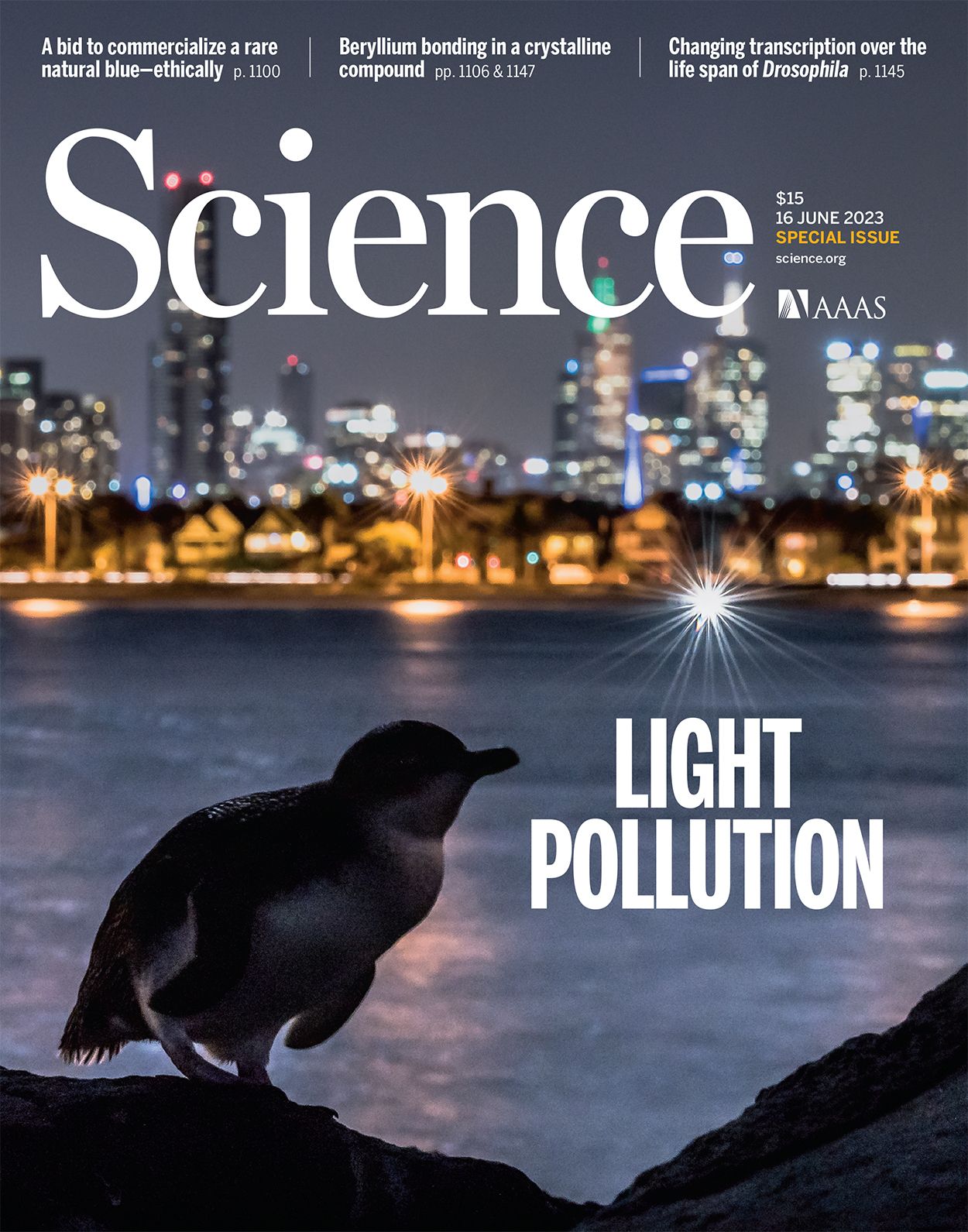Dr inż. arch. Karolina Zielińska-Dąbkowska from the Gdańsk University of Technology is the first and corresponding author of an article about the impact of light pollution on public health, just published in a special issue of “Science” on 15 June. The article was written as part of a project funded under the MINIATURA 4 call.
 Light pollution is a term that refers to all the negative effects of excessive night-time exposure to light on people and the environment. Written by the Polish researcher together with her European and US collaborators, the article was published in a special section of the journal devoted to the impact of artificial light pollution, as well as associated measurements and legal regulations.
Light pollution is a term that refers to all the negative effects of excessive night-time exposure to light on people and the environment. Written by the Polish researcher together with her European and US collaborators, the article was published in a special section of the journal devoted to the impact of artificial light pollution, as well as associated measurements and legal regulations.
Dr inż. arch. Karolina Zielińska-Dąbkowska was awarded funding under MINIATURA 4 to conduct a study entitled “Identyfikacja i ocena mierzalnych parametrów dotyczących wizualnego i niewizualnego wpływu światła na ludzi w środowisku zbudowanym”/“Identifying and Assessing Measurable Parameters of the Visual and Non-Visual Impact of Light on People in Built-up Areas”, and complete a fellowship at the Royal Technical Institute (KTH) in Stockholm.
The article was co-authored by an epidemiologist, Prof. Eva Schernhammer, and two neuroscientists, Prof. John P. Hanifin and Prof. George C. Brainard. Entitled "Reducing nighttime light exposure in the urban environment to benefit human health and society”, it outlines the current state of knowledge about the impact of artificial light pollution on public health, identifies critical areas for future research, and suggests possible remediation measures, including recommendations on how to reduce and manage lighting in urban areas.
“Excessive night-time exposure to light may disrupt the human circadian clock, including human physiology, and interfere with sleep, by limiting the release of melatonin. More and more research is beginning to suggest that it may also increase the risk of chronic lifestyle diseases”, says Dr inż. Karolina Zielińska-Dąbkowska, as quoted on her university’s website, “We need more environmental studies in order to develop better methods of preventing and managing artificial light pollution and create guidelines for light source and fixture designers and producers so that our lighting could be healthier and safer”, she adds.
Dr inż. arch. Karolina Zielińska works at the Faculty of Architecture of the Gdańsk University of Technology. She has previously worked as an architectural lighting designer for companies in Berlin, London, New York and Zurich.
